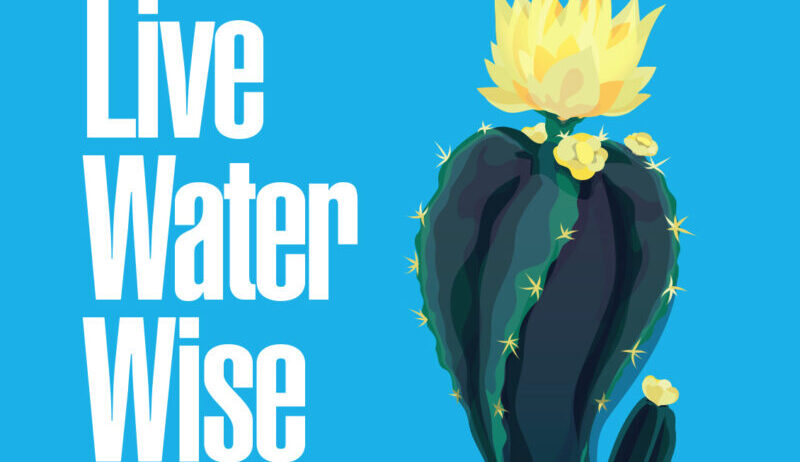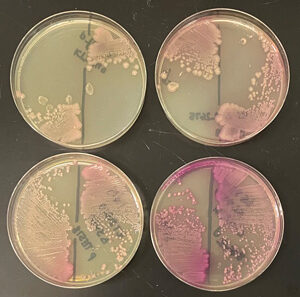Water is often regarded as a ubiquitous resource that flows freely through our daily lives. But have you ever pondered the question: What if we could live in a more water-wise society? What if by simply saving water, we could cultivate a kinder reality for our planet? By adopting intentional water conservation practices, we not only alleviate the strain on our ecological systems but also contribute positively to the climate crisis.
In an increasingly arid world, it becomes paramount to scrutinize our daily consumption of this precious resource. Globally, more than two billion people live in water-stressed regions, and climate change exacerbates these conditions. It leads to unpredictable rainfall patterns and prolonged droughts. The simple act of conserving water emerges as an indispensable strategy in this complex interplay of environmental challenges.
One of the primary avenues for fostering a water-wise climate is through mindful residential habits. For instance, consider your daily shower routine. By shortening shower times by just a few minutes, households can save a surprising quantity of water. The average shower consumes about 2.1 gallons per minute, meaning reducing shower time can result in significant conservation. This not only preserves water but also mitigates the energy used in heating water, creating a ripple effect that benefits both the environment and household energy bills.
Moreover, the challenge extends beyond the bathroom. Toilets are notorious for their high water usage, accounting for nearly 30% of a home’s water consumption. Upgrading to water-efficient fixtures, such as dual-flush toilets or composting toilets, can drastically reduce water use. Ask yourself, could you manage to fit a few composting actions into your daily routine? Such a shift not only aids in water conservation but also aligns with broader sustainability goals.
Next, let’s examine our gardens. Traditional gardens often require copious amounts of water to maintain their lush beauty. Embracing xeriscaping—a landscaping method that emphasizes drought-resistant plants—offers a revolutionary approach. This technique not only reduces water use significantly but also fosters biodiversity, as native plants typically attract local pollinators essential for healthy ecosystems. Imagine transforming your yard into a vibrant oasis that thrives on minimal irrigation while providing habitat for wildlife. Isn’t that a delightful challenge?
In addition to individual actions, public policies and community initiatives play a critical role in promoting water conservation. Community education programs about the local water cycle and the importance of stewardship can galvanize collective action. Participating in or even initiating local conservation campaigns can amplify your impact. Consider hosting workshops or lectures focusing on sustainable practices, engaging neighbors in discussions about the water crisis. Creating community gardens might also serve dual purposes of enhancing food security and fostering a sense of community cohesion. How many water-saving ideas could you bring together to enact real change in your neighborhood?
The technological realm offers further innovative solutions. Smart devices in our homes can help in monitoring water usage and promoting efficient habits. For example, moisture sensors can ensure that irrigation systems operate only when necessary, thus preventing waste. Water conservation applications can help track usage patterns and suggest strategies for improvement. Imagine the empowerment that comes with real-time data—transforming passive consumers into active stewards. It is a task within reach, waiting for proactive individuals to embrace this opportunity.
The economic implications of water conservation cannot be overlooked either. Water scarcity can lead to inflated costs for communities, ultimately affecting everything from agriculture to industry. Adopting water conservation practises not only protects the environment but also buffers against these economic shocks. Providing education on the financial benefits of conservation can unlock a willingness to adapt habits; after all, sustainability often intersects with savings. Could you visualize a world where every drop saved translates into financial empowerment?
Addressing the climate crisis demands a collective, synergistic approach. While individual actions are vital, systemic change is equally crucial. Advocating for policies that support sustainable water management—such as watershed protection and investment in infrastructure for stormwater management—will create a long-term framework for success. Lobbying local governments to adopt stringent water use regulations or support for green infrastructure projects would demonstrate a commitment to a water-wise future.
Education is a cornerstone of sustainable change. Educators at all levels can develop curricula that highlight the importance of water conservation, emphasizing the delicate balance that exists within local ecosystems. Incorporating these teachings into classrooms not only plants the seeds of awareness in young minds but also cultivates a generation of informed activists. How might we foster a new paradigm where future leaders view water conservation as integral to their roles in society?
Ultimately, the notion of being “Water Wise” transcends the mere act of conserving this vital resource. It embodies a commitment to environmental stewardship and climate justice. Each decision we make, from the way we garden to the technologies we embrace, can have profound implications for our planet’s health. So, will you take on the challenge of becoming more water wise? By fostering collective consciousness around conservation, we can engender a kinder climate for generations to come.






